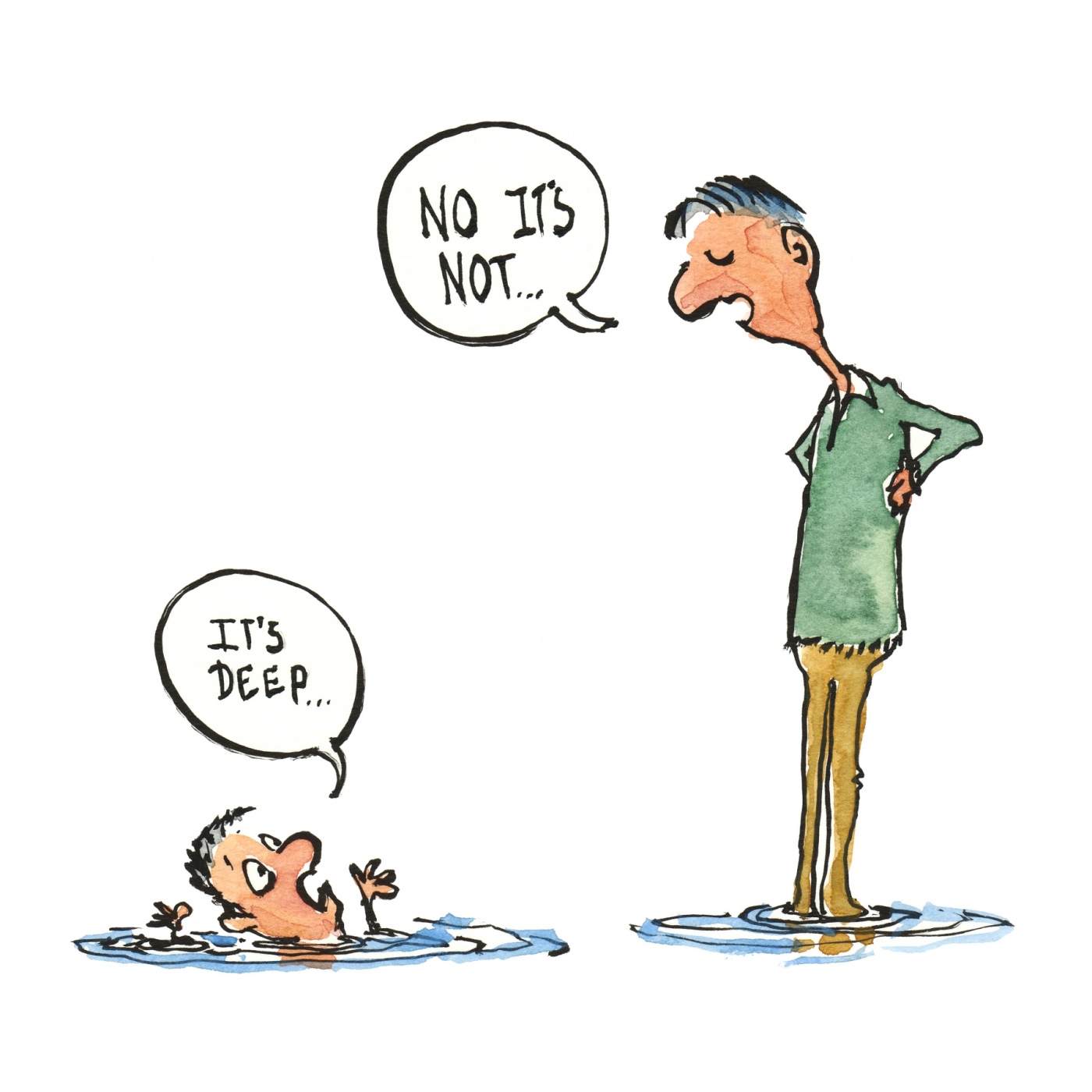If I asked you: “What does respect mean to you?” how would you answer that question?
During our monthly staff meeting, we take the opportunity to focus on one of our Core Values – our CQ Pride. When it was my turn to co-host the meeting, the core value in focus was Respect, so I had to prepare some lines to share with the team about it. I kept thinking: What is respect? What does it mean to me and to others? I tried looking up some information and phrases online, but nothing seemed to fit the message I wanted to transmit. So, I figured I’d create my own definition.
What Happens When Someone Has a Different Perspective?
Have you ever been in a situation where you are talking with someone that has a different opinion on a topic and you say or think “Ah, yes. I understand what you are saying. I respect that opinion, but I don’t necessarily share it.”? Have you ever been that person who tries to convince someone else to “change” their beliefs or try to present as many arguments as possible to prove your opinion is the right one? Or maybe you’ve been on the other side of that situation, where someone bombards you with information in order to change your mind?
What is the point of doing that? Why is it that we keep saying we “respect” someone’s perspective but then try to change their minds? I think that’s a pretty human thing to do. We are, of course, convinced that our set of beliefs, our religion, our way of raising children, our opinions and the decisions we make are the best of the world – otherwise we would not be taking that path. And that is ok – as long as it does not despise or generate hate towards people having a different way of viewing of things.
So, while thinking about all of that, it hit me! It is not ideas, religions or opinions that we should respect. We should respect people! Ah, easier said than done though, right? It’s like that simple math equation that takes you forever to solve due to its simplicity. That being said, here are some thoughts to further explain what I mean: I believe that it is as simple as understanding that we are different people, and as such, we are aimed at being different at some point.

Do We Really Need to Convince Others?
Have you ever asked yourself what’s the point of trying to get someone else to live or think the same way you do so? It sounds different when you think about it like that, but wouldn’t it be an enriching experience if we were able to share our traditions and way of living without the fear of being judged or without trying to convince everyone to live the way we do it?
I know… as simple as it should be to accept that we are different people, the idea of just accepting everything else out there – even more when it represents our complete opposite – seems to be a complex state of mind to embrace.
We are constantly being bombarded with hatred, violence and confrontation and we are also taught that the way we live is the right way to do so. So, here’s my proposal: I invite you to pause that last thought for a minute and to embrace empathy.
If we understand that we all follow the education we received and do the best that we can in the culture and family we grew up in order to be happy, it should be easier to respect someone else. We don’t need to share other people’s beliefs. We don’t need to follow their religion. We do not need to believe in the way they do it. We don’t need to love who they love or make their enemies our enemies. We just need to understand that they are different than we are.
The question of “wouldn’t it be too boring if we were all the same?” seems to be too cliché to be included here, so I’ll rephrase that to say: wouldn’t it be so much better if we were able to see and enjoy how the meaning of life takes different forms for different people?
Let’s give tolerance and true respect a chance.

about the author
At CQ fluency, we are proud to have a team of intelligent, innovative, and creative thinkers. To reflect this, we publish posts from “guest authors” on our team in order to add more perspectives to our collaborative voice. This post is from one of our team members in Argentina, Lucía Conti Guardia, who is a team lead for our healthcare accessibility services team.
